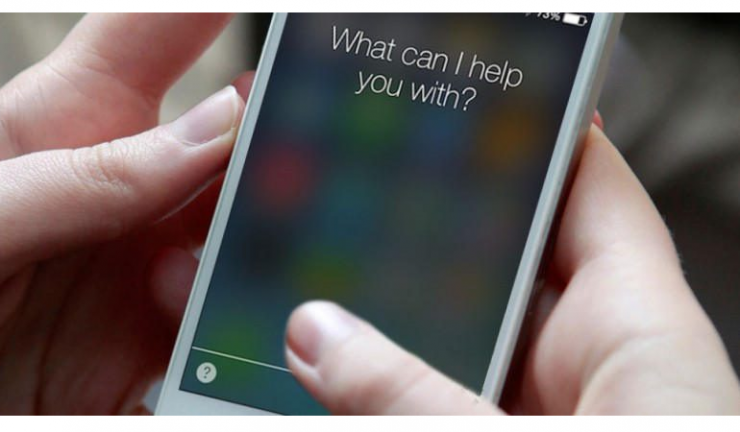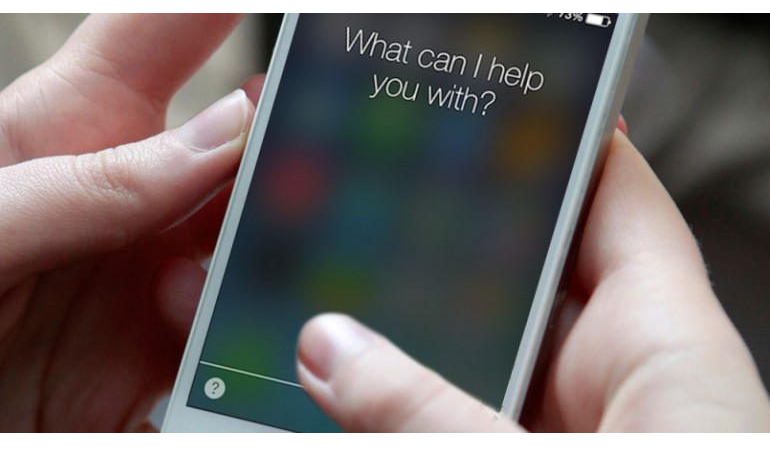As consumer interest grows.
Voice assistants are already making a mark on the retail landscape, with 20% of consumers having made retail enquiries via a voice assistant such as Siri, Alexa or Google Assistant, according to the 2018 PayPal mCommerce Index: Trends Report.
More than 54% believe that as the technology develops, voice-assisted shopping will be useful and a further 14% believe voice-assisted shopping will be a game changer.
The Trends Report found that while only 4% of Australian businesses have integrated voice assistants into their customer offering, an additional 15% are currently exploring how they can use the technology to drive sales, and a further 27% are considering the technology, but are unsure how they could use or implement it.
One critical barrier to driving sales through voice assistants is uncertainty around payment security, with 32% saying they would be concerned about giving their voice assistant their payment details.

The Trends Report also found that 51%of consumer respondents want more retailers to integrate Augmented Reality (A R )into their online offering, while 12% said they would share virtual ‘try on’ images with their friends on social media, providing ‘talkability’ and added exposure for retailers. Also,
44% of consumers said they’d be more likely to purchase online if they could virtually see what an item looked like on them or in their home before buying, and 39% felt virtual try-on experiences would reduce the number of returns.
Currently only 5% of consumer respondents have used augmented reality. This is in-line with the 5% of Australian small to medium businesses who currently offer an AR experience, although 32% of business respondents are currently developing or intending to develop an AR experience.
“Retailers who have taken the next step in their digital presence are integrating emerging technologies like augmented reality to increase engagement and drive social sharing. With 44% of Australians reporting they’d be more likely to purchase online if they could virtually ‘try before they buy’, augmented reality gives retailers an interactive way to provide confidence prior to purchase,” Herlihy said.
Australians cite fashion (62%), furniture and homewares (47%) and accessories (36%) as the product categories they are most interested in shopping through an AR experience.

